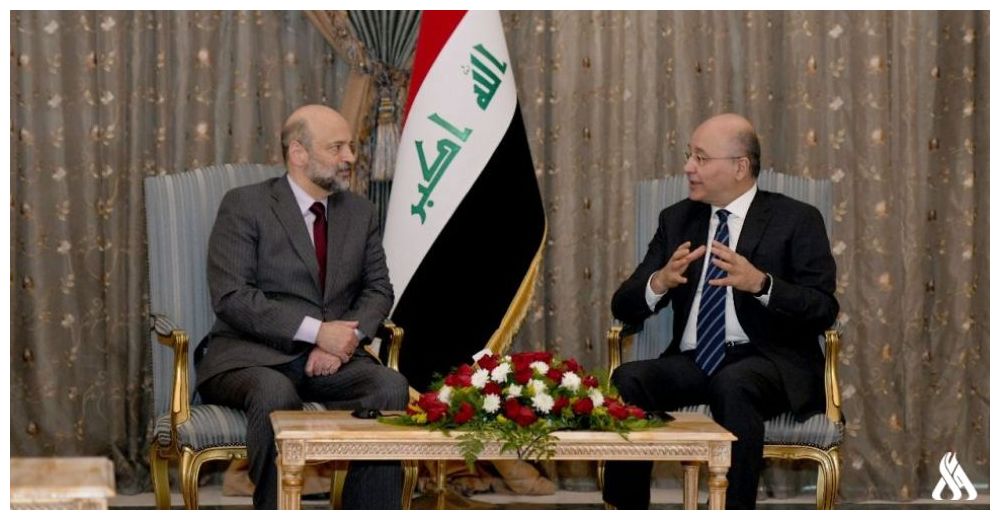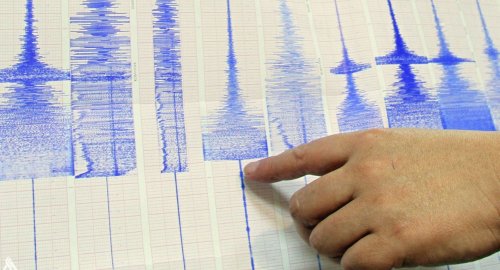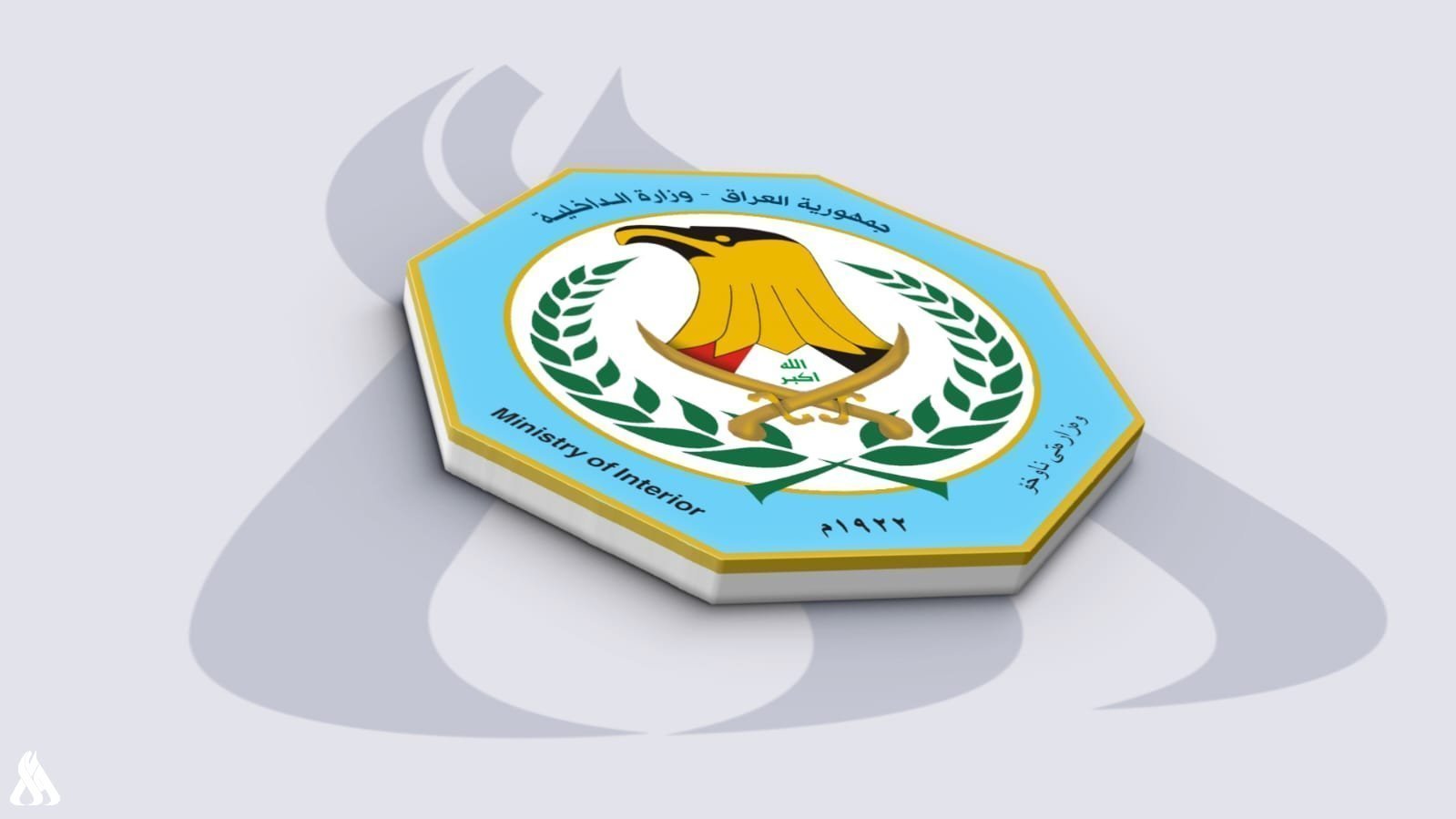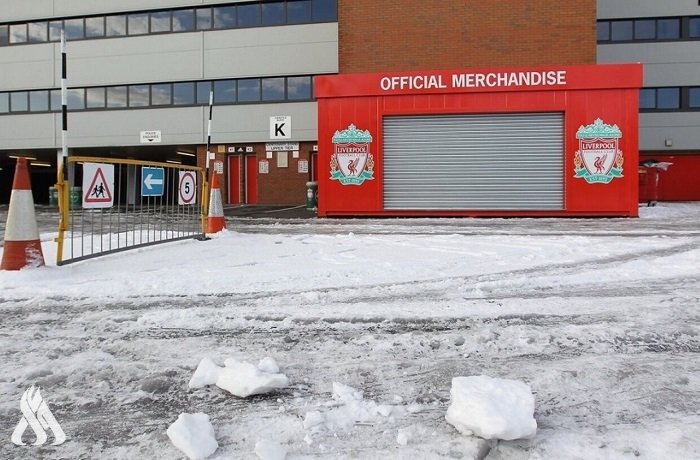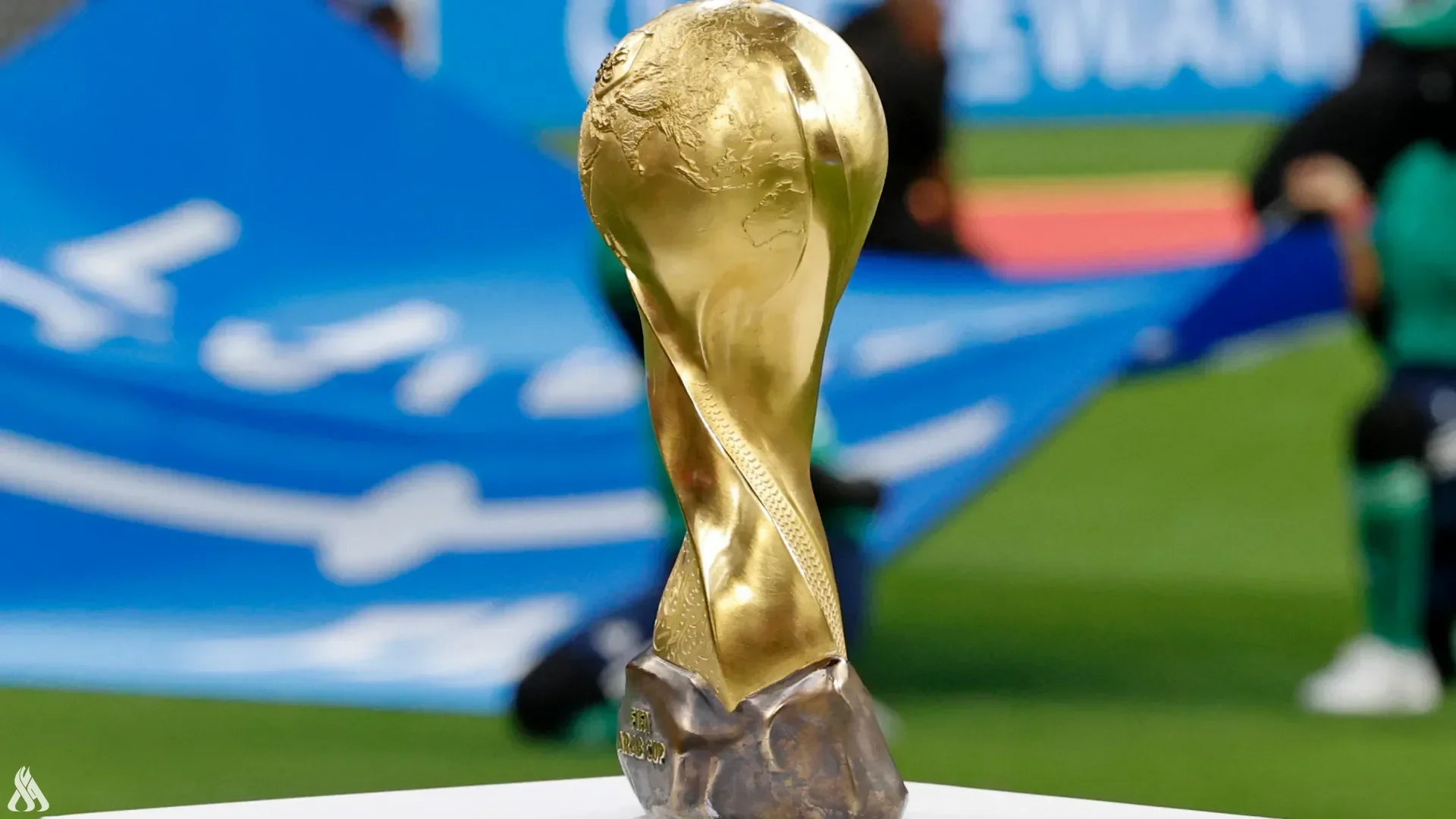
World's first' emoji dating back to 1988

- 17-05-2024, 08:34
INA-sources
Whether it's a friendly smiley face or a cheeky aubergine, emoji now form part of many of our daily messages.
And while they're usually thought of as quite a modern feature, a new discovery shows that this isn't the case.
Matt Sephton, a games developer and blogger, delved into the history of the emoji and discovered a set of characters from 1988.
The 102 emoji were featured on the Japanese PA-8500 device, and include everything from animals to symbols.
However, they look very different to the emoji we use today - so, can you tell what they are? Scroll to the bottom for the answers!
To uncover the history of the emoji, Mr Sephton tested several retro Japanese devices containing drawing software.
'These sorts of devices are pre-internet, so there's not much about them online, and they can't be emulated, so the only way to find out what they do is to get first hand experience by reading the manual or, better, using one yourself,' he explained in a blog.
Initially, he expected the first emoji to be those created at SoftBank in 1997.
However, he was amazed to discover characters on the Sharp PI-4000, which was released three years earlier in 1994.
'The Sharp PI-4000 was released in 1994, and it was chock full of recognisable emoji. Then down the rabbit hole I fell,' he wrote.
Next up was the NEC PI-ET1, which was released in 1990, and is described by Mr Sephton as 'the coolest thing you've ever seen'.
The device's character set features emoji that could be typed inline, as well as a 'montage function', which allows you to create faces for your contacts.
Mr Sephton really struck gold when he tested the PA-8500 device, released in 1988, which contains similar emoji to those on the PI-4000.
'If we think about the PA line of devices, the PA-8500 was released in 1988, and its predecessor the (emoji-less) PA-7000 was released in 1987,' he wrote.
'So maybe the emoji set was created around this time?'
While Mr Sephton suggests that 1988 should be used as the start date of the emoji, he acknowledges that not everyone will necessarily agree.
'The history emoji isn’t as clean cut as you might have thought,' he concluded.
'You can decide for yourself on what you consider to be the first emoji.
'It depends on our own personal definition, so there is no right or wrong answer.'
Source: Daily Mail
Al-Sudani attends Iraqi Police founding celebration
- politics
- 10:47
Magnitude 5.0 earthquake strikes near Āwash, Āfar, Ethiopia
- International
- 09:06
- Sport
- 25/01/02

